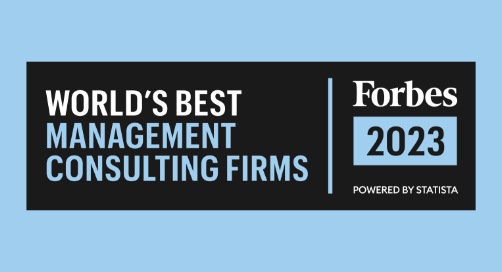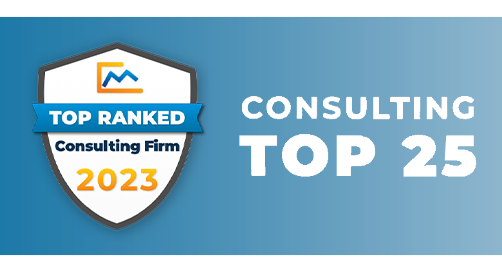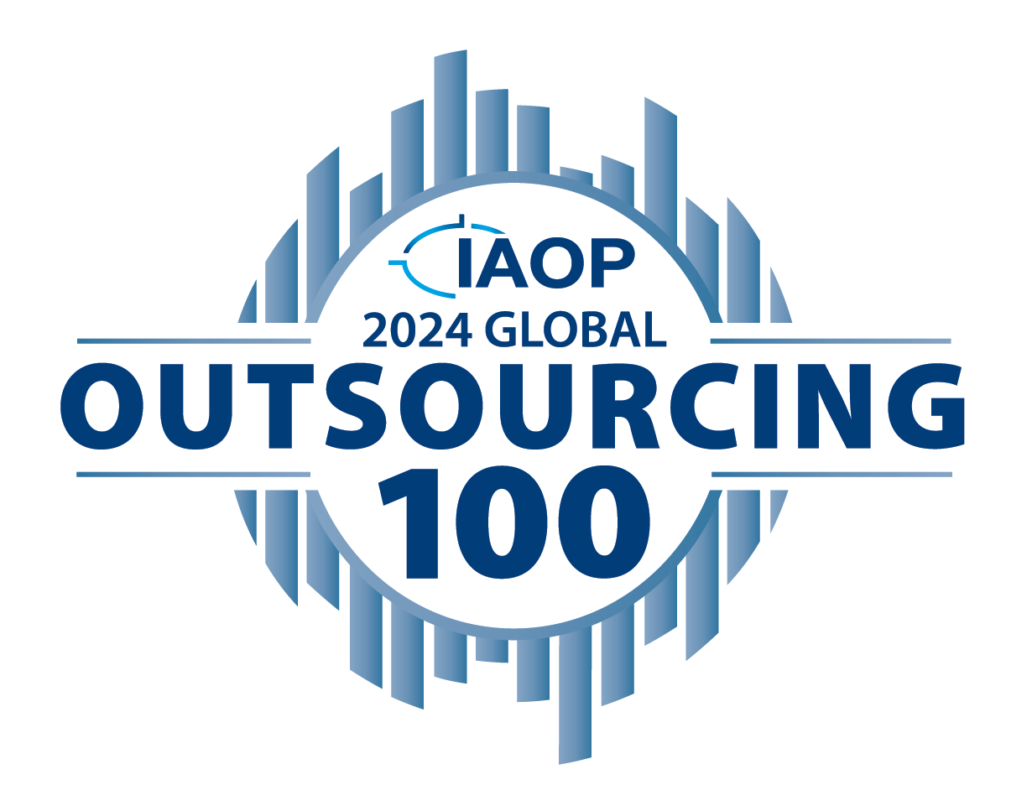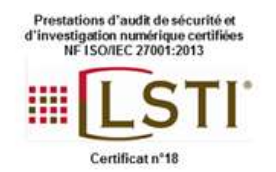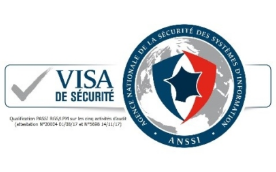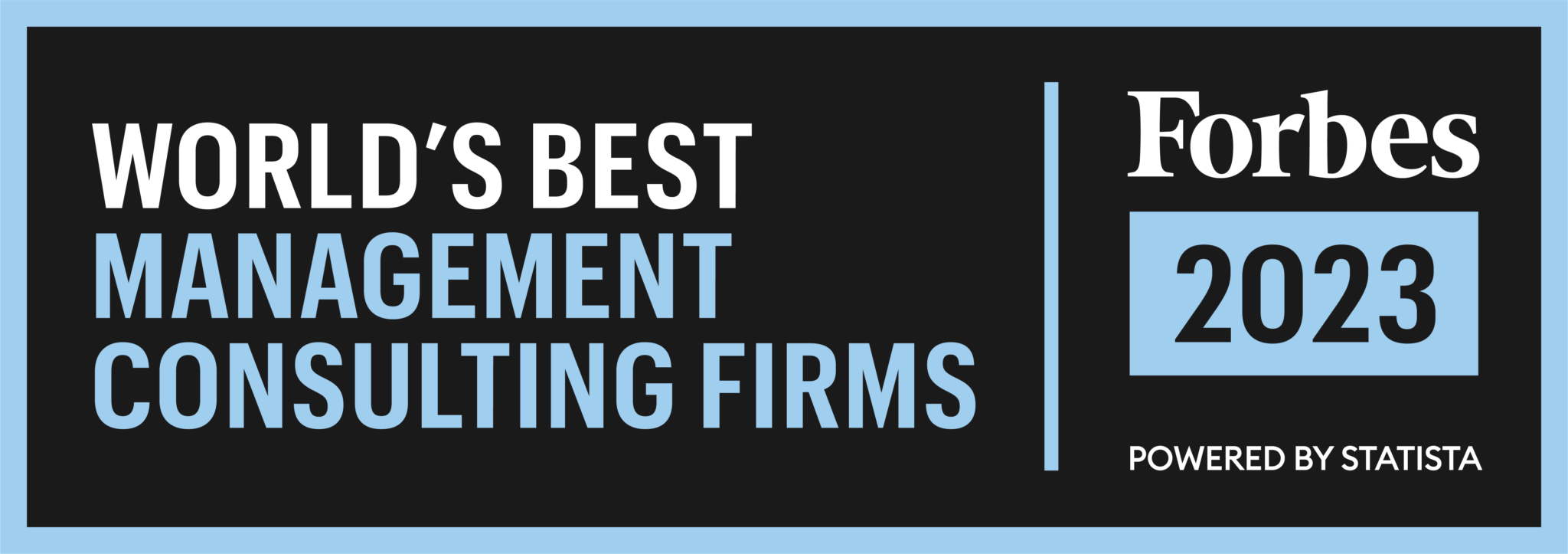Wavestone North America:
About us in North America
Wavestone is designed to drive results for our clients. Our globally connected network of 5,500 consultants is a blend of Industry leaders with distinctive expertise and high-quality talent at all levels who will tackle your most complex issues with a fresh approach. Close cooperation between our teams is at the core of our model.
Whatever your needs, our goal is to help you set new standards of excellence that drive your business forward and achieve positive outcomes through:
- Cybersecurity & Operational Resilience Securing digital transformations from strategic planning through to execution, while offering an appropriate and rapid response in the event of an attack.
- Data, Analytics & AI Cutting-edge expertise in data strategy, data governance, data management, and data security.
- Digital Strategy & CTO Advisory The right digital strategy for your enterprise to drive results that redefine the future.
- Sourcing & Services Optimization Helping business leaders maximize value from IT and business process services.
We have a passion for driving change for growth, lowering cost and risk, and creating the trust that gives business leaders the desire and conviction to act. We believe in helping our clients strengthen their foundations for innovation and growth to ensure a more sustainable and resilient future.
We are known for our pragmatic, outcome-driven, customer-specific, technology-agnostic approach, which is threefold:
- Develop a Comprehensive Strategy and Roadmap
Strategy is what will make or break your business. Whether triggered by the need to reduce cost, optimize efficiency, improve service quality, increase speed and agility, transform stakeholder experiences, or elevate value to the business, Wavestone provides an outside-in view of the best path to the right action.We collaborate with our clients, service providers, software partners, and each other to develop results-driven strategies that improve efficiency, create value, and direct enterprise resources to the right projects, talent, and technologies to drive compelling business results. - Customize and Adapt to Your Business Needs
The path to achieving business goals is different for every client. At Wavestone, we embrace these differences and tailor our approach based on each client’s unique business requirements, competitive environment, and technological imperatives. We work collaboratively to craft solutions to answer our clients’ distinct needs — there are no challenges too big or details too small for our teams. - Provide Collective Expertise and Value
Whether a client retains Wavestone for Digital Strategy and Planning, Services Optimization and Sourcing, Cybersecurity and Operational Resilience, Data Strategy and Governance, or IT Talent Solutions, our recommendations derive from fact-based analyses and deep dive synthesis the most crucial considerations informed by market knowledge and experience.Attuned to shifting landscapes and the challenges of balancing new objectives with traditional performance and stability challenges, our consultants have led and transformed many large IT and business services organizations. We provide our clients with the innovation, forward-thinking, and thought leadership required to meet the challenges of today and tomorrow head-on. Our “been there before” experience equips us to keenly understand the human sensitivities of change and drive practical solutions that fit within your culture.
17
Countries
5500
Employees
800+
Million euros in annual revenue
Focus on our local Expertise
The Wavestone Difference
We offer a comprehensive suite of transformation IT and business advisory services to match your goals, from resolving today’s challenges to developing strategic roadmaps and sustainable solutions that prepare you for success in a new normal.
There are no requests too big or details too small for our team of consultants who are dedicated to drive results for you.
Focus on our healthcare expertise
Despite having the highest healthcare spending among high-income countries, the United States, ranks last in healthcare system performance. The disparity lies in how the country allocates resources across labor, healthcare goods and services, personal healthcare, and collective services, including administration fees. While challenges persist in areas like quality of care and patient safety, there is a substantial opportunity for technology to lead the future of healthcare, contributing to population health improvement and cost reduction on a per capita basis. Seizing this opportunity requires technology and healthcare leaders to take the initial step towards embracing digital healthcare.
Discover the ways you can drive healthcare through insights and innovation:
- Modernizing legacy infrastructure environments
- Rationalizing your portfolio of apps
- Improving team effectiveness
- Recruiting new thinkers while developing internal leaders
- Vendor management
Contact us
Get in touch if you need immediate help with recovery, business continuity, or enterprise strategy moving forward. Our globally connected network of 5,500+ employees are ready to help you take the next step.
Recognitions
Wavestone Listed among the World’s Best Consulting Firms in 2023
Wavestone has been ranked among the 229 World’s Best Consulting Firms in 15 categories in the US.
Wavestone Named One of Management Consulted’s 2023 Top 25 Consulting Firms
Management Consulted ranks Wavestone among the Top 25 Consulting Firms in the US in the Accounting, Finance, and Technology category.
Wavestone ranked in the 2024 Global Outsourcing 100 Awards
IAOP names Wavestone to list of the world’s best outsourcing service providers and advisors.
Cybersecurity certifications
Wavestone is ISO 27001:2013 certified for its security audits and incident response services on the Paris and Nantes offices. This certification is issued by LSTI in accordance with ISO requirements. It ensures a level of consideration of cybersecurity risks during the concerned engagements.
On August 1, 2017 and the November 14, 2017, Wavestone received from Agence Nationale de la Sécurité des Systèmes d’Information (ANSSI) the Visa de Sécurité for respectively the PASSI RGS and PASSI LPM qualifications of its following activities : auditing processes and physical security, auditing systems configuration, auditing systems architecture, auditing code and penetration testing (qualification certificate n°20004 and n°5698).
Take advantage of our in-house tools and services for APT hunting, crisis management, incident response, and digital forensics.
CSR
Wavestone has been committed to CSR for ten years and has made it a key part of its corporate strategy.
Wavestone is recognized for its extra-financial performance and aims to remain a leader in CSR. Wavestone has been ranked in the top 3 in its category for CSR in the Gaïa Rating for the past five years.
Reference case studies in United States
Latest news & insights
Want to join Wavestone United States?
Work with the best
Ours is a business built on expertise, driven by dedicated talent from all around the globe. To provide our clients with the unique perspectives that will guide their strategic decisions, Wavestone recruits the very best talent. We look for all types of profiles, from new graduates to professionals with broad career experience, marked by a strong sense of commitment and collaboration. We are highly invested in attracting passionate people who stand out for their innovative and pragmatic approach, agility, and business and tech savvy, and are able to deliver value-added consulting to our clients.
Achieve your full potential
Grow rapidly, develop expertise, manage teams, or even change roles or countries… the ambitions of our employees are a core concern for us. We support all our employees in their development and the achievement of their goals. Beyond the experience of challenging assignments with major client accounts, the development of our employees and people is based on formal business training materials and opportunities to carry out in-house projects.
Love your working environment
The world of consulting is a demanding one, and we aim to provide a diverse, and engaging culture for all team members to grow and excel. We believe that close interaction and collaboration between people of different seniority levels cultivate a culture of continuous learning, creativity, and excellence.
Work-life balance has been a priority for us for many years. This means concrete measures that favor flexibility and respect for getting the balance right. Wavestone has been recognized as a certified Great Place to Work. It also holds Happy Trainees and Happy at Work/Starters status.
It is the quality of our consultants and our ability to progress collectively that make Wavestone a Great Place To Work. You are passionate, you want to invest in projects with strong challenges, join our talented teams and help build a more sustainable world!
What they say
The Wavestone methodology allows me to leverage best practices that I can flex to the needs of the client. The collaborative culture and accessibility of my fellow consultants gives me easy access to a broad knowledge base of senior executives that have 'been there and done that'. I have the freedom to determine the best way to deliver value to our clients, with a peer group of willing collaborators and a fully supportive, sleeves rolled up, leadership team. Keith Chappell, Managing Principal, Wavestone US
Wavestone US provides me with a plethora of opportunities every day to grow and develop in my career and allows me to lead and create value for critical client engagements. The leaders and senior executives at Wavestone embody and encourage innovation, confidence, and compassion. Each and everyone’s ideas and unique perspectives are valued and supported. The collaborative and inclusive culture at Wavestone is incomparable. Neha Kotha
Consultant, Wavestone US
